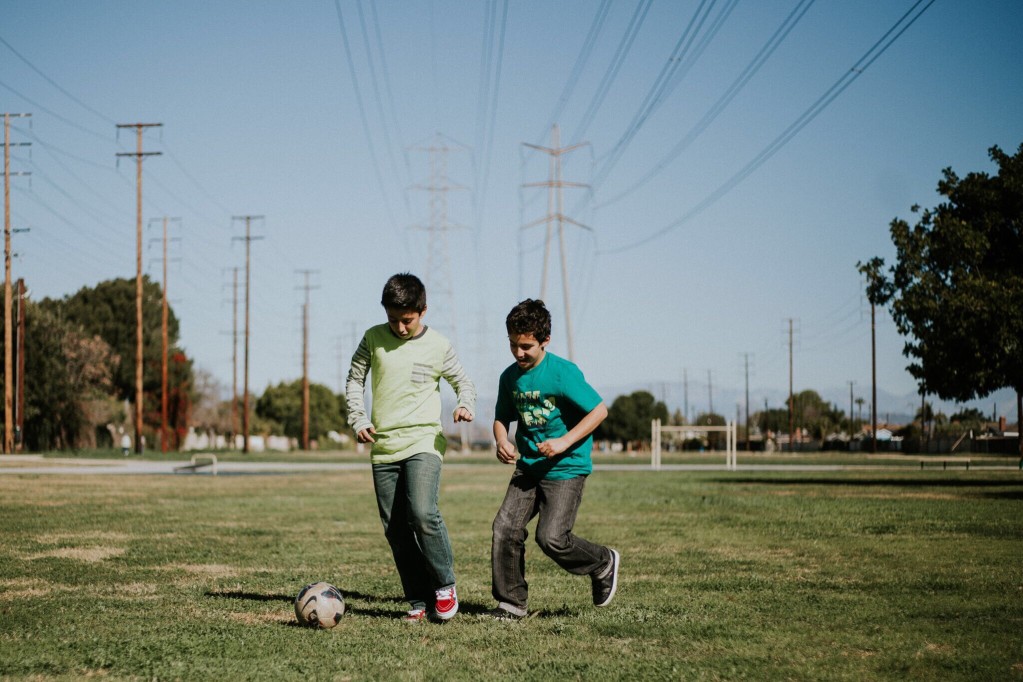The power to be positive
Too often, people jam the words peer and pressure together and think of it as a bad thing. Truth is, that’s only part of the story. Sure, peers have power. But this pressure is only negative when young people feel they’re pushed to do something they know is too risky. Peers can also help young people become more independent by encouraging and supporting healthy choices. Peers can invite one another to join teams or clubs, help with homework, or simply listen. You can help young people choose the kind of peer power they want in their lives and what kind of friends they want to be. If young people and their peers are responsible, positive, and supportive, they are more likely to succeed. Positive Peer Influence is Asset 15 of Search Institute’s 40 Developmental Assets, the qualities, experiences, and relationships that help young people grow up healthy, caring, and responsible.
Here are the facts
Research shows that young people whose closest friends behave responsibly do better in school, get into less trouble, and choose activities that give them the best chance of future success. It makes sense for young people to surround themselves with people who bring out their best qualities. In return, they can multiply the benefits by being friends who are also positive influences. About 63 percent of young people, ages 11–18, say their best friends model responsible behavior, according to Search Institute surveys.
Tips for building this asset
Peer pressure is especially strong in school. When you notice trouble brewing or young people who are about to make a poor choice—in school or elsewhere—remind them that they have the power to say no—even to a peer or a friend.
Also try this:
- In your home and family: Identify people, stories or images that exemplify the positive power of peers. Use these examples to help your child make a collage of inspiring quotes and images for a friend.
- In your neighborhood and community: Talk with young people in your neighborhood about the qualities you admire in each of them. Encourage them to be a positive influence in the lives of their friends and peers.
- In your school or youth program: Pair off students and participants. Have them take turns discussing a time when they positively influenced a friend or peer. After each story, talk about how it felt to use positive peer pressure.
—
Developmental Assets® are positive factors within young people, families, communities, schools, and other settings that research has found to be important in promoting the healthy development of young people. From Instant Assets: 52 Short and Simple E-Mails for Sharing the Asset Message. Copyright © 2007 by Search Institute®, 877-240-7251; www.search-institute.org. This message may be reproduced for educational, noncommercial uses only (with this copyright line). All rights reserved.
